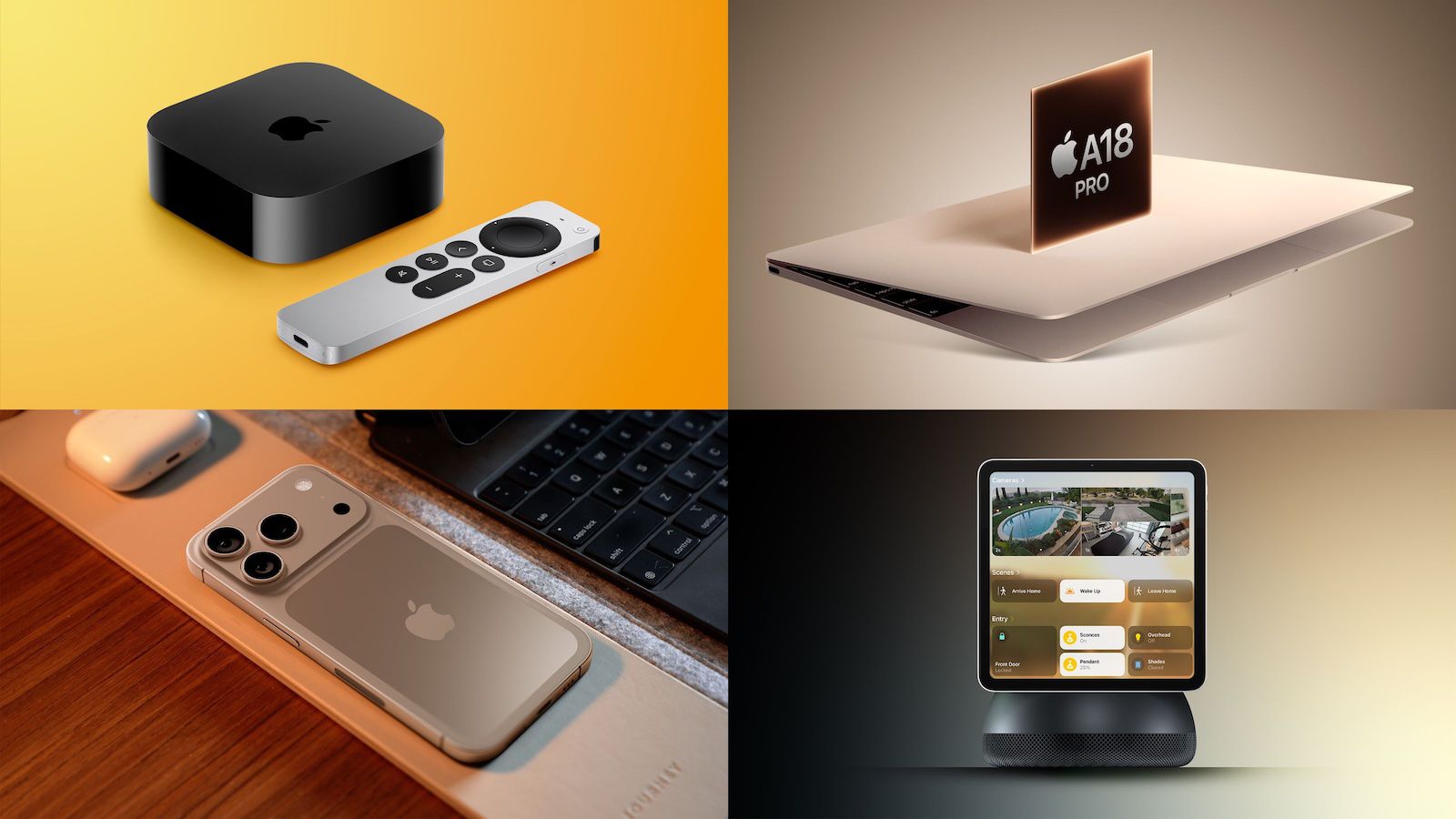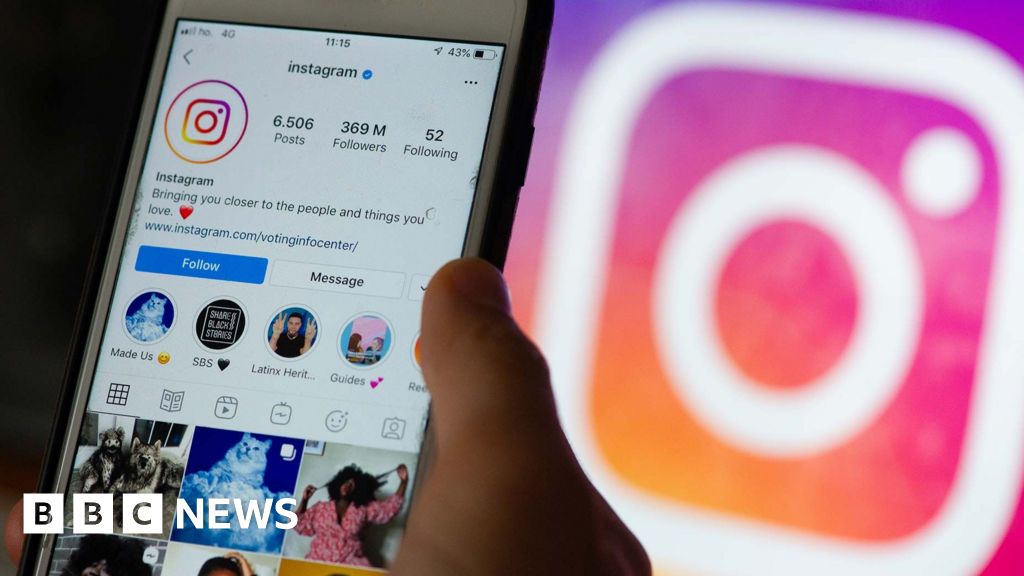Apple's Highly Anticipated iPhone Fold - What We Know So Far

Introduction
Rumors have been circulating for years, but now it seems like it's finally happening. Apple's iPhone Fold is expected to launch next year, and tech enthusiasts are buzzing with excitement. This will be the first foldable model from the company, and it's expected to bring a whole new level of innovation to the smartphone market.
New Design and Display
The most obvious change with the iPhone Fold is the folding display. This will allow for a larger screen size when unfolded, while still maintaining the compactness of a regular iPhone when folded. But that's not all; the Fold is also rumored to have a new design with a thinner, sleeker body, and possibly a smaller notch. The display is also expected to have a higher refresh rate for smoother scrolling and gaming.
Enhanced Camera and Battery Life
The iPhone Fold is also expected to come with a revamped camera system, including a third lens for improved zoom capabilities. But the real game-changer could be the battery life. With a larger form factor, Apple has the opportunity to include a bigger battery, which could mean longer usage time between charges.
Improved Software and Features
With the new design and display of the iPhone Fold, it's likely that Apple will introduce new software features to take full advantage of the folding screen. This could include the ability
About the Organizations Mentioned
Apple
Apple Inc. is a leading American multinational technology company known for pioneering personal computing, mobile devices, and software ecosystems. Founded in 1976 by Steve Jobs and Steve Wozniak, Apple revolutionized technology with the first commercially successful personal computer and mainstream adoption of the graphical user interface (GUI), setting new standards in product design, user experience, and seamless integration across devices[2]. Headquartered in Cupertino, California, Apple’s product lineup includes the iPhone, iPad, Mac computers, Apple Watch, AirPods, and services such as the App Store, Apple Music, and iCloud. The company has built a vast ecosystem that enables third-party developers to expand product functionalities, strengthening its market dominance. Apple is widely recognized for its innovation in hardware, software, and services, with an emphasis on aesthetics and privacy. In 2025, Apple committed to its largest-ever investment initiative, pledging $600 billion over four years in the United States to boost manufacturing, research and development, and advanced technology sectors like artificial intelligence (AI) and silicon engineering[1][3]. This includes new manufacturing facilities, expanded R&D centers, and a program called the American Manufacturing Program (AMP) to encourage domestic production of critical components. These efforts support over 450,000 U.S. jobs and aim to establish a robust supply chain within the country[3]. Financially, Apple remains a powerhouse with a market capitalization of $3.84 trillion and annual revenue exceeding $400 billion. However, in 2025, it faced challenges including a 19% decline in stock value, intensified regulatory scrutiny from the U.S. Department of Justice over antitrust issues, legal disputes related to the App Store, and competitive pressure in AI technology[1][2]. Despite these hurdles, Apple continues to innovate, recently updating its software platforms with a unified "Liquid Glass" design and expanding its AI-driven personal assistant, Apple Intelligence[1]. Under CEO Tim Cook’s leadership, Apple balances technological advancement


















